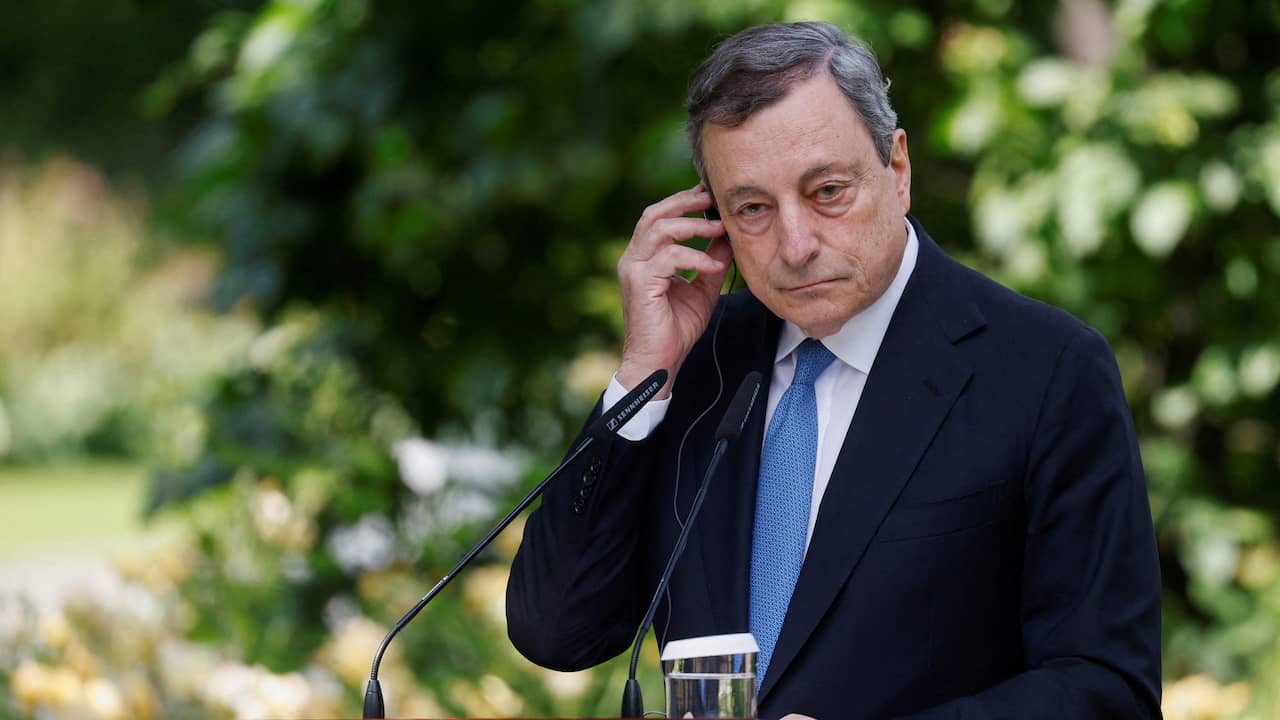Mario Draghi resigns as prime minister of Italy. The 74-year-old politician has tendered his resignation after a coalition party avoided a crucial vote. But Italian President Sergio Mattarella has rejected Draghi’s resignation.
Whether Mattarella’s decision to refuse Draghi’s resignation will have major consequences remains to be seen. Mattarella has now asked the prime minister to gauge the vote in parliament, writes news agency Reuters.
The president can ask Draghi to organize a new vote and thus gain support from all coalition parties. He can also try to forge a new coalition. If that doesn’t happen, new elections are likely to be held this fall.
In Italy, the prime minister has the executive power that heads the government. The president is the formal head of state and is more ceremonial in nature, although the president does have solid legislative powers.
Draghi lost support from coalition party
Draghi’s government had survived a confidence vote in parliament earlier in the day, but coalition party Five Star Movement declined to participate. Draghi had said beforehand that he would not lead a government without the support of the Five Star Movement, which until recently was the largest party in parliament.
“The coalition of national unity that supported this government no longer exists,” he said. The conditions and confidence to continue with the coalition government are no longer there, according to Draghi.
The vote included a multi-billion dollar package that should make high energy prices and inflation more bearable for the population. Former Prime Minister Giuseppe Conte’s Five Star Movement called the plan inadequate, adding that the party was not about trust in the government.
Draghi, former president of the European Central Bank (ECB), came to power last February and became the sixth Italian prime minister in ten years.
–


